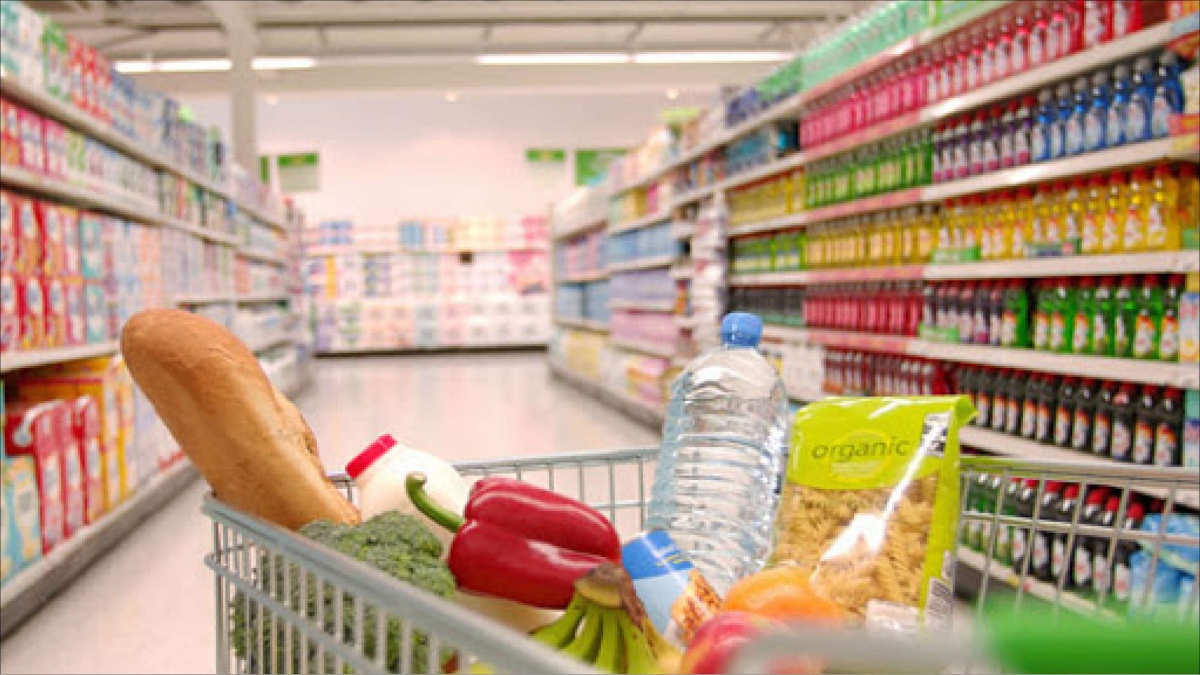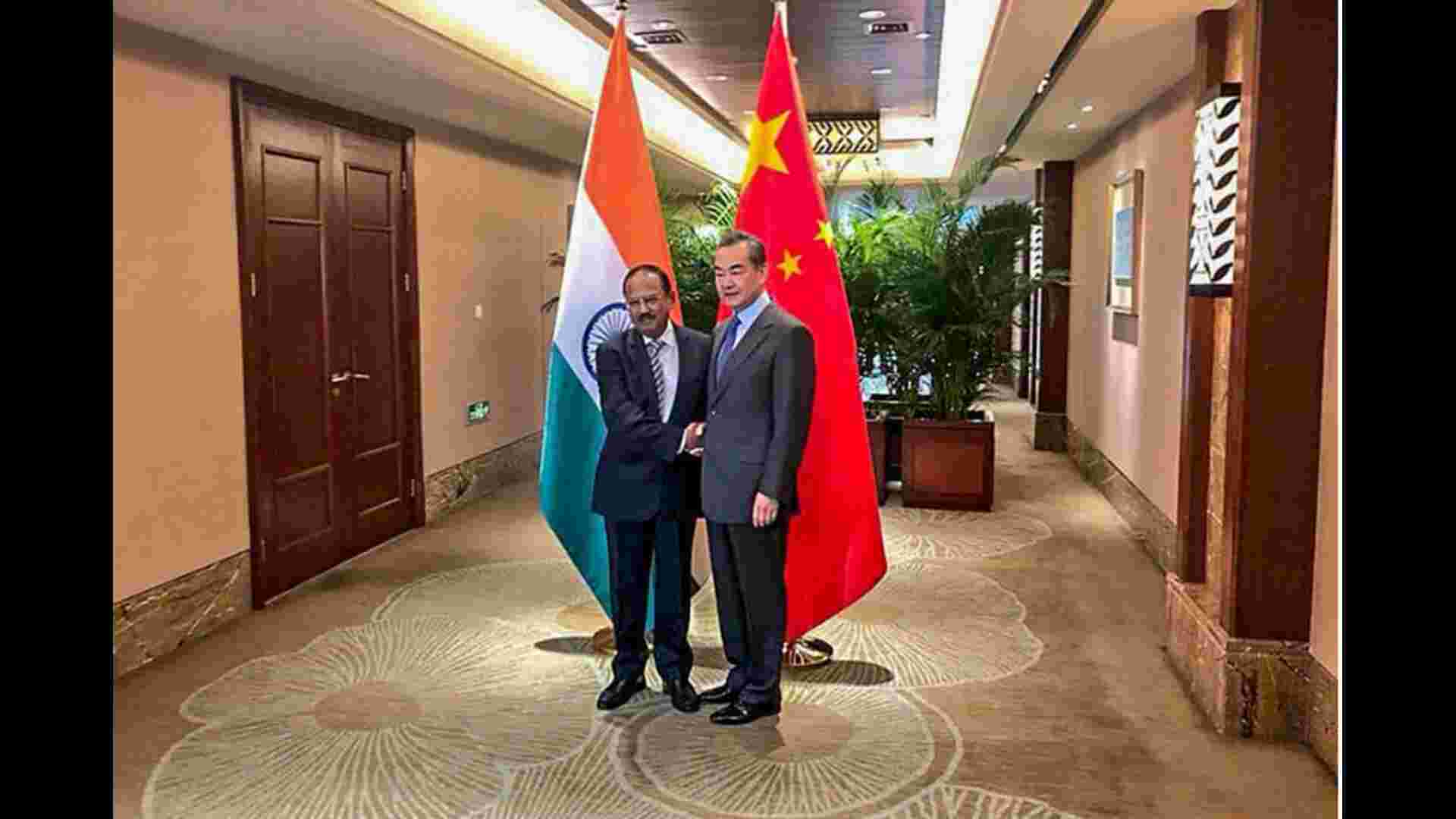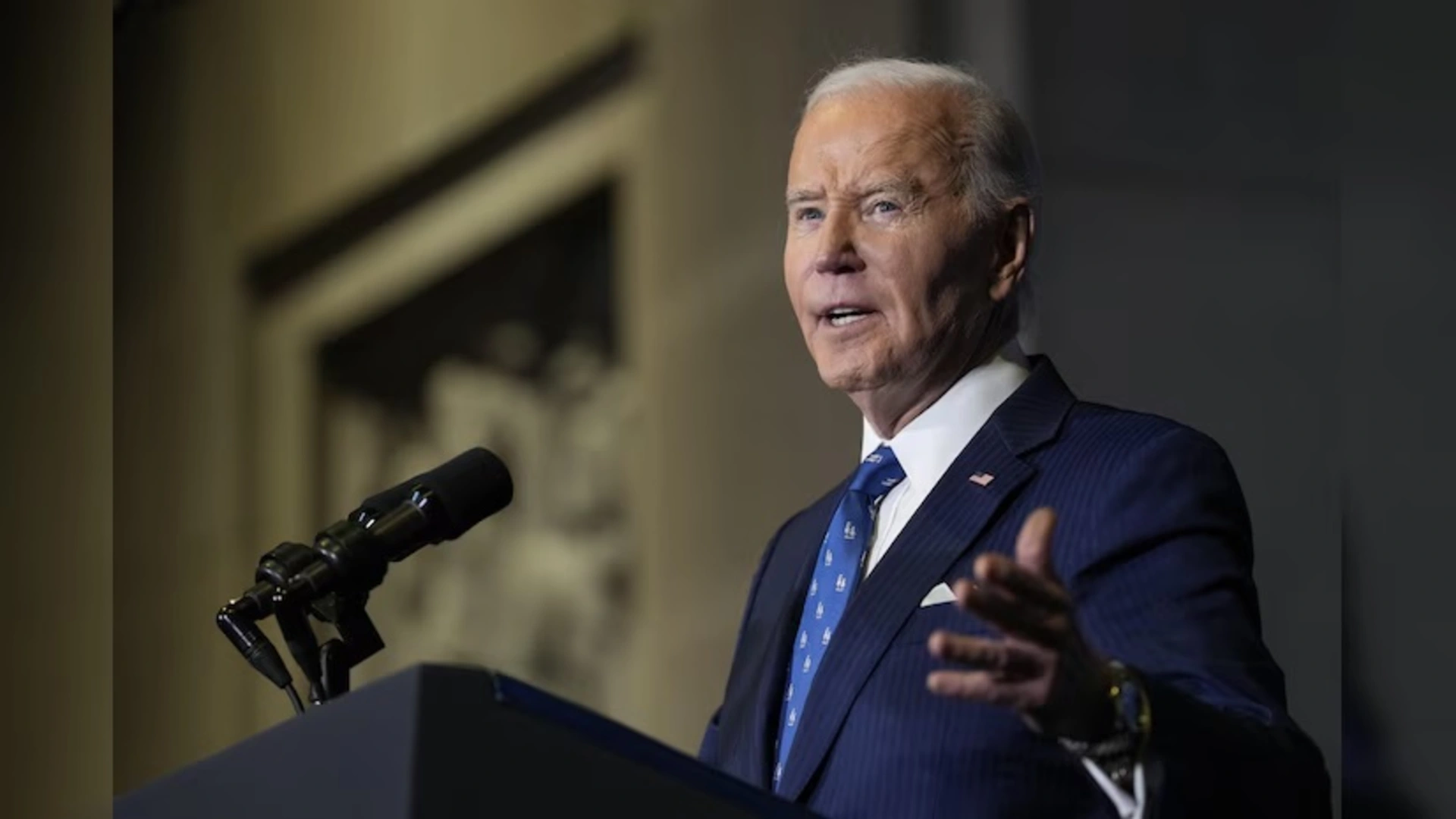
Trade Promotion Council of India (TPCI) today flagged demands of the Industry before the ensuing budget to the government. Listing top on the list of demands the industry demand flat 5% GST on all food processed food items. Speaking on the demand, Chairman Food & Beverages Committee, Vivek Agarwal of Capital Ventures Pvt. Ltd. said, “Some of the items like – Molasses, Chewing gum/bubble gum and white chocolate, Cocoa butter, fat and oil, Cocoa powder, Cocoa chocolates, Malt extract, Waffles and wafers coated with or containing chocolate, Extract, essences and concentrates of coffee, etc. attract 28% GST. Similarly, products such as Condensed milk, Malt, whether or not roasted, Refined sugar, sugar cubes, Sugar confectionery, All preparations of cereals, flour, starch or milk for infant use and sold retail and Pasta, spaghetti, macaroni, noodles, etc. attracts 18% GST, which leads to the increasing the overall cost of the product making the entire ecosystem challenging and uncompetitive.”
Mohit Singla, Founder Chairman TPCI said, “To meet the challenge on the trade front is the anxiety of higher incidence of non-tariff barriers (NTBs) which hits smooth trade badly. Therefore, Indian texting labs / facilities should be made at par globally with safe standards, so that it is accepted worldwide. Also the new standards such as Alimentrus Codex Standard of EU require a lot of investment to meet. Therefore, TPCI demands a separate fund/ incentives for R&D and testing labs for meeting the global standards.”
The budget should announce a heavy duty scheme for brand marketing globally. Indian products need to reach global shelves which is a huge cost to smaller and medium companies, largely still unaffordable. One way could be to provide concessional credit to meet the high cost; or tax deduction on expenditure incurred on marketing of brands abroad, etc. is the need of time to scale Indian products to the global shelf, he added.
OTHER IMPORTANT DEMAND OF THE INDUSTRY INCLUDES
– Input tax credit on food sales as an added incentive
– F &B services should be out of GST
– Tax holiday for 5 years for companies investing in infrastructure, including digital infrastructure
– For existing projects, capital investment to be extended up to 50% accelerated depreciation to encourage modernisation
– Special incentives to food processing through interest subvention, lower taxes, access to technology, etc.
-Competitive import tariffs over five years, with lowest or nil slab on inputs or raw materials.
Further, Vice – Chairman of the Food & Beverages Committee of TPCI, Abhishek Poddar of Nani Agro Foods (P) Ltd said, “There is a need to find ways for tapping new export markets and introducing new products to the world. Even for the products we have the surplus we are still uncompetitive in the global market. Despite COVID this sector has continuously grown double digit reflecting the resilience of the industry.” As MEIS is being replaced by RoDTEP the rates for food and agri products should be benchmarked appropriately so that we remain competitive in our export markets, he added.
The Budget exercise 2021 has put a natural strain on the government. The preparation of the 2021 Budget will need to take stock of the impact of the Covid-19 crisis on the economy and the government’s fiscal position and evaluate the fiscal space for continued priority crisis spending and recovery measures. The budgetary exercise is a strategy setting stage that will be closely evaluated by investors. Given that pandemic is still not over, it is better to have a medium term orientation to planning.
COMPETITIVE IMPORT TARIFFS OVER FIVE YEARS, WITH LOWEST OR NIL SLAB ON INPUTS OR RAW MATERIALS
– Input tax credit on food sales as an added incentive
– F &B services should be out of GST
– Tax holiday for companies investing in infrastructure, including digital infrastructure
– Separate fund/ incentives for R&D and testing labs for meeting the global standards
– Incentives for brand India marketing at global forums















